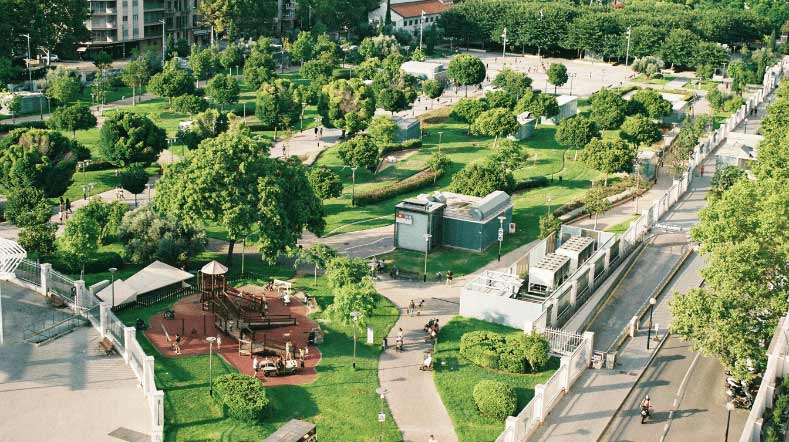Partnership ‘Overall Well-being’ Ministry of Infrastructure and Water Management and TNO
The Ministry of Infrastructure and Water Management (I&W) and TNO are entering into a strategic, programme-based partnership in the area of Overall Well-being. The aim of this partnership is to formulate future knowledge questions relating to the environment, social cohesion, personal fulfilment and safety, research these questions, and allow the results and insights gained to be used in the development of I&W’s policies and tools. To this end, an Agreement Framework has been drawn up.

Overall well-being is the goal
The aim of the programme-based partnership is to develop knowledge and tools in close cooperation and coordination with each other to allow spatial development, mobility, and logistics transitions to be managed using a data-driven approach. This should be in keeping with the urbanisation strategy and take social goals, such as overall well-being, into account.
Together, we are creating a roadmap that allows long-term knowledge and tool development to be planned in combination with short-term applications. That’s not something you can just start doing. You need concrete insights, innovations, and additions to existing knowledge so you can make better decisions and thus be more focused on goals that increase overall well-being.
Supporting ‘decide and provide’
Overall well-being and other social goals require a shift in approach from ‘predict and provide’ to ‘decide and provide’. That means thinking about a desired future, underpinned by a vision, and then exploring options to achieve that desired situation on the basis of scenarios.
To assess which mode of transport people will choose, for example, AI can be used to identify aspects that influence their decision-making behaviour. The use of AI can provide insights into links that were hitherto invisible, based on heterogeneous data sources not previously included in assessments. This will make predictions better and more in line with the actual needs of travellers.
Activity-based modelling
If we want to understand why people travel, how different activities are planned in terms of time and location, and which modes of transport are associated with them, existing travel models are becoming increasingly inadequate. Work is therefore under way to enable the use of activity-based modelling (ABM).
These models will allow the impact of policy measures to be modelled more accurately. This relates in particular to measures that affect how individuals budget their time for activities and travel during the day.
Get inspired
How governments can make MaaS work to societal goals
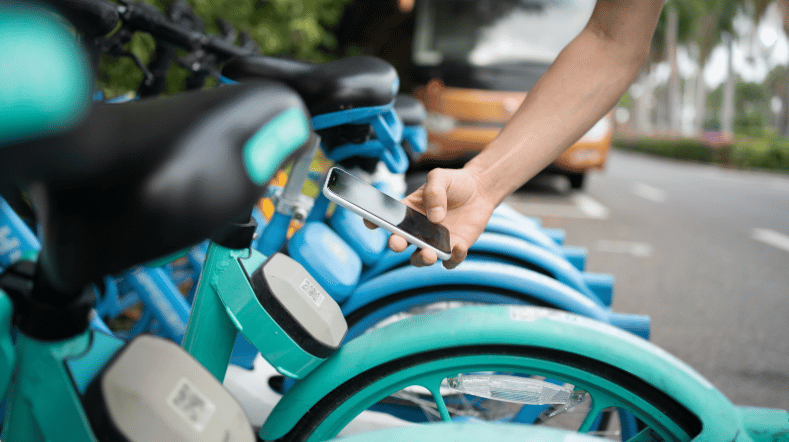

With Urban Strategy, TNO connects with innovative U.S. West Coast in San Diego
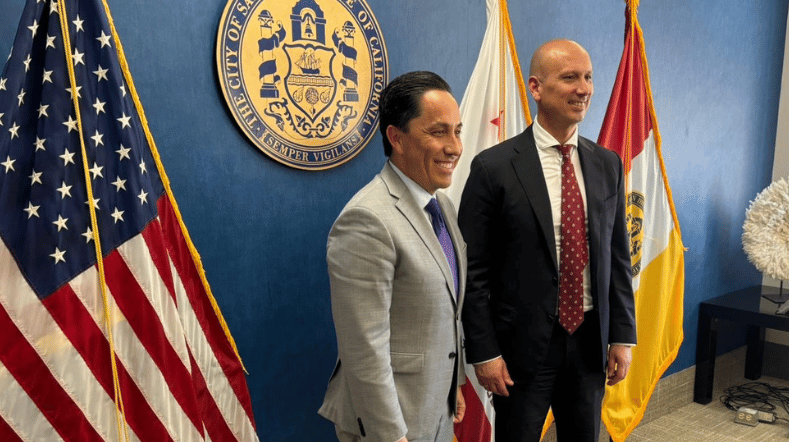

Scenario-based thinking contributes to sustainable mobility and retention of human capital in Curaçao
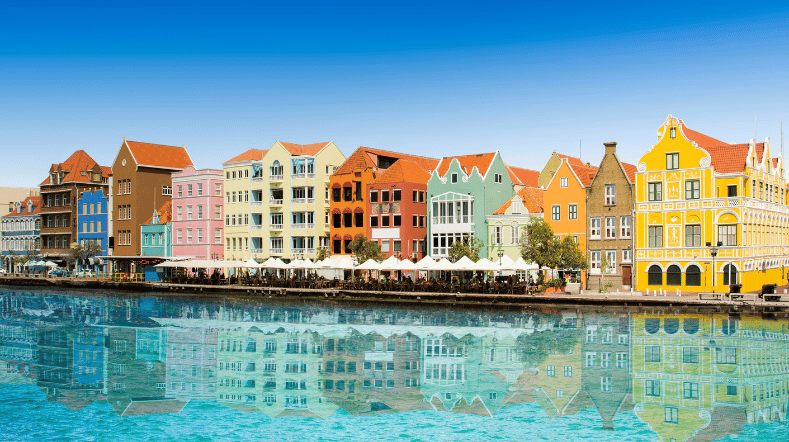

6x liveable cities with smart mobility
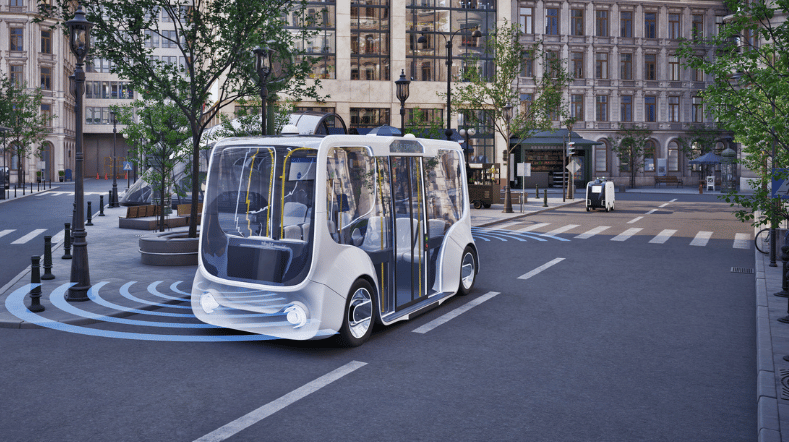

XCARCITY: effective digital twins for tomorrow’s low-traffic city
